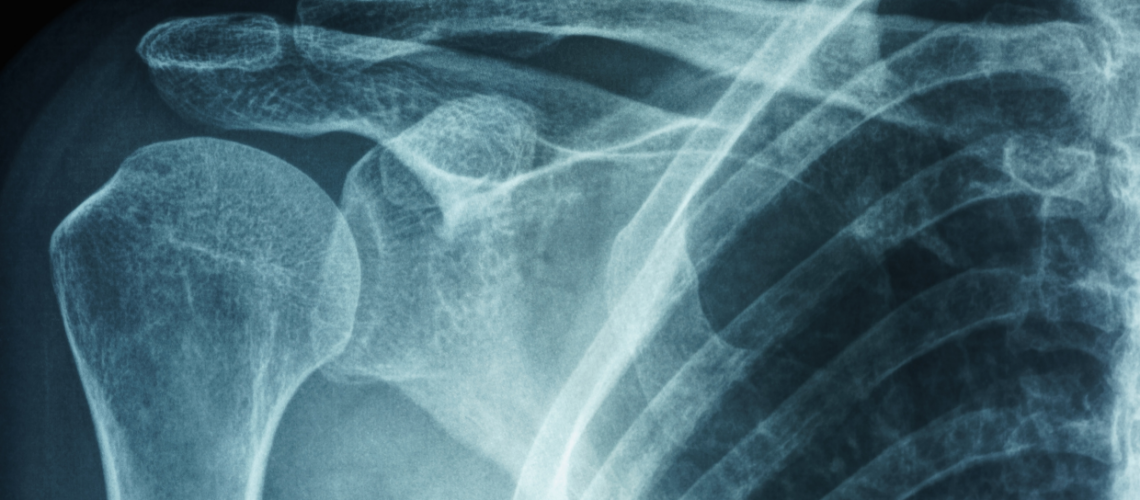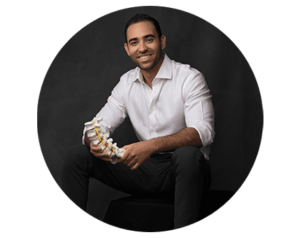Frozen shoulder syndrome (FSS), also known as “adhesive capsulitis” is a condition in which the joint capsule becomes inflamed and scar tissue invades the shoulder joint, making it stiff and hard to move. When the connective tissues surrounding the shoulder joint are damaged – therefore inflamed and thickened – they tighten, restricting motion.
Frozen shoulder is a long-lasting and painful condition that usually only occurs on one side. It is believed that FSS is actually an autoimmune disease due to the way the body overreacts to a minimal injury causing cells in the shoulder joint to release inflammatory chemicals which cause the pain. These cells then create scar tissue which makes the shoulder stiffen. It is a frustrating condition due to constant pain and restricted movement.
Frozen shoulder affects between 2% and 5% of people overall and recovery time is slow taking anywhere from 2 to 3 years.
Although the exact cause of FSS isn’t clear, it is more common in patients ages 40 to 60 and It is more common in women than men. Patients with pre-existing conditions such as diabetes, Parkinson’s, and disease of the thyroid are also more prone to develop FSS. Patients may be more susceptible if they have recently undergone surgery to the shoulder or suffered a rotator cuff injury or an arm fracture causing the shoulder to be immobilized for a long period of time.
Though FSS improves on its own over time, there are some treatments to help warm a frozen shoulder.
Leon Anijar, MD, a pain specialist at his new South Beach location, can provide patients with an overall approach to treating FSS.
The condition typically progresses through 3 stages:
The Initial Freezing Stage in which the shoulder becomes inflamed and the shoulder capsule progressively shrinks.This stage can last 2 to 9 months.
The Frozen stage in which the shoulder remains stiff, though pain begins to improve. This stage lasts 4 to 6 months.
The Final Thawing Stage in which stiffness improves and motion gradually returns. This can take from 6 months to 2 years.
Dr. Anijar can help speed up the process with clinical non-invasive interventions.
Frozen shoulder actually responds better to cold than to heat. Certain medications can relieve the pain as well as stretching exercises. Some examples include:
The Doorway stretch, Broomstick abduction, Neck stretches, shoulder rolls, Shoulder internal rotation with towel, shoulder blade squeeze among others.
Oral steroids have been shown to relieve pain and improve mobility in the shoulder. One study showed the following: Symptoms improved in 48 out of 100 people who didn’t use steroids, whereas symptoms improved in 96 out of 100 people who used oral steroids.
Steroid injections directly into the joint.
Nerve blocks that involve injecting a local anesthetic into the nerve leading to the shoulder blade.
Dr. Anijar and his team are pain management specialists that work together to ensure patients receive follow-up care for as long as the individualized recovery process takes. Their personalized rehabilitation plans aim to not only reduce pain and restore mobility, but also to prevent further injury due to FSS.
Backed by the most advanced technology and cutting-edge treatment programs, Dr. Anijar and his team-approach to patient care can result in quicker recovery no matter the circumstances.


